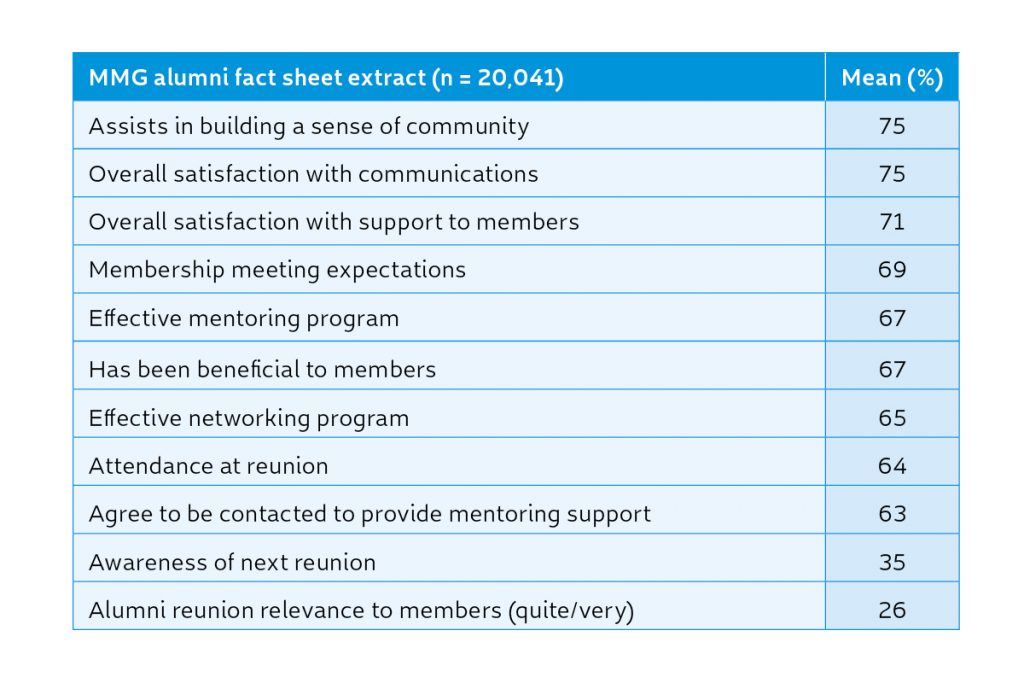Your school’s alumni form one of your most important stakeholder groups. They can play a pivotal role as advocates to prospective parents, influence choice of school for other children/grandchildren, assist with fees, support school advancement and engage with and support fellow alumni and other stakeholders.
Research by MMG research shows that schools are rightly attaching greater importance to strengthening their relationships with their alumni associations, obtaining a better understanding of the different needs of members and ensuring the services provided are tailored, relevant and of interest.
Alumni challenges facing schools
- How well do your alumni understand the school’s current value proposition? The views of alumni about their schools relate mainly to their own historical experience and are largely shaped by their perceptions of the school’s leadership. It is a challenge to help alumni understand how the current value propositions differ from those of their own schooldays.
- Relationship. Having and maintaining a strong relationship between the school and the alumni association is critical to ensuring agendas and objectives are aligned. The school Head can play an important role in building a relationship that is collaborative, trusting and supportive.
- Contact database. MMG typically observes that most schools have fewer than 50 percent of current email addresses for their alumni. The database needs to be accurate to ensure quality of data that can be leveraged for regular engagement and contact.
- Relevance. Effective participation, engagement and support of the alumni for events, activities and services will depend on their perception of relevance. The table below illustrates alumni views as to whether they meet expectations and are beneficial to members.
Examples of successful initiatives
- Alumni strategic plan. Fewer than 40 percent of schools have a formal, well-communicated alumni strategic plan. These should be developed with informed knowledge of what is important and interesting to members and be coordinated by working collaboratively with the alumni executive. The school Head again plays a major role relating to alignment with the school’s strategies and assisting to strengthen the relationship between the school and alumni association executive.
- Reunions. These remain a major engagement strategy and play a critical role in members maintaining personal contact and hearing about the school.
- Mentoring. A proactive, accessible mentoring program is characterised by mentors who have been approached, volunteer to accept the role and are prepared to invest in time and support. A database of mentors and their skillsets/competencies should be compiled and made available (with prior approval from each mentor).
- Networking. While this has been impacted to some degree by COVID-19, the provision of networking support to both younger and older alumni members is an area that has been of considerable interest in recent times. One MMG client school provides alumni members seeking employment with direct access to other alumni, segmented by profession or activity
of interest. - Advancement. Opportunities exist to obtain insights and support from the alumni for the school’s development and advancement. A clear understanding and explanation of projects and purpose is important. In such cases, MMG typically finds around 25 percent of alumni note being interested/very interested in supporting projects.
How to create strong alumni relationships
- Establish and maintain a collaborative relationship between the school and the alumni association executive.
- Seek to have an alumni executive that is interested, committed and effective.
- Provide appropriate school resources to oversee events, initiatives and engagement.
- Optimise the quality of the alumni database.
- Develop an alumni engagement strategic plan.
- Improve the effectiveness of reunions (attendance, value and advocacy).
- Ensure the alumni and school services provided to members are relevant and of interest.
- Provide an effective mentoring program.
- Provide an effective networking program.
- Ensure effective, relevant and tailored communication to members.
Tony Pfeiffer is the Founding Partner of MMG Education, a leader in tailored school stakeholder research and performance benchmarking. Tony served on the board of a leading independent school for over nine years and has decades of corporate experience in senior executive roles. mmgeducation.com.au








